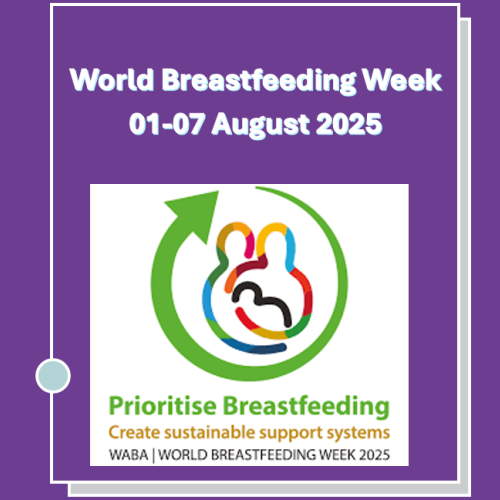

World Breastfeeding Week, celebrated annually during the first week of August since 1992, emphasizes the importance of breastfeeding for maternal and child health. The World Health Assembly officially endorsed this week as a key strategy to promote breastfeeding worldwide. In 2025, the theme is building long-term support systems that empower women who choose to breastfeed, extending advocacy and help well beyond the week itself. The World Health Organization (WHO) continues to promote breastfeeding as the best source of nutrition for infants and young children. It aims to increase the global rate of exclusive breastfeeding for the first six months to at least 50% by 2025.
Currently, South Africa’s exclusive breastfeeding rate stands at approximately 39%, falling short of the Sustainable Development Goal (SDG) target. This underscores the need for sustained efforts in education, community engagement, and policy advocacy. By integrating education, community support, and personal engagement, World Breastfeeding Week can help normalize breastfeeding, raise awareness, and foster lasting support, not only for mothers and babies but for healthier communities and a more sustainable future. This approach aligns with global recommendations from WHO, UNICEF, and WABA, reinforcing the collective goal to improve exclusive breastfeeding rates globally.
Author: Dr Hafsa Amod (NWU- School of Nursing)
,
